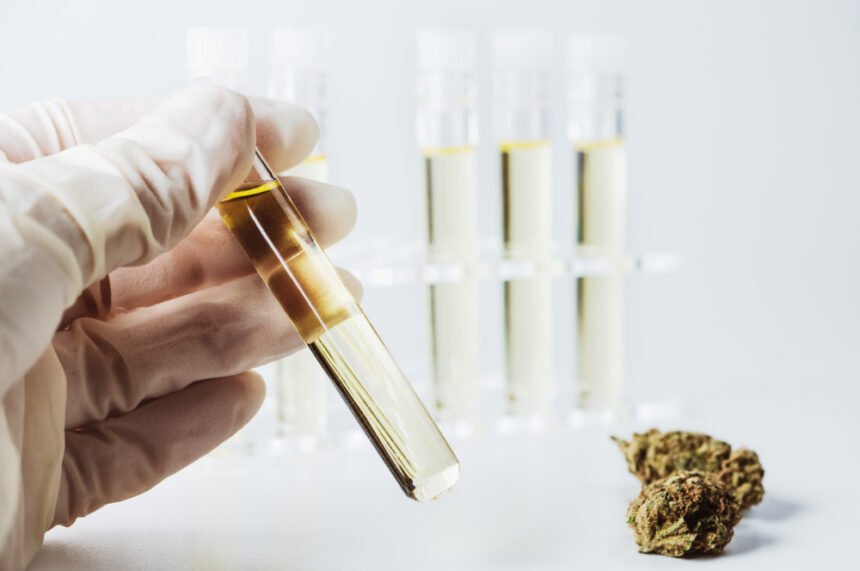The CBD industry is growing remarkably, which is bringing a number of new health benefits to users all over the world. The market was worth $4.6 billion in 2018 and it growing by 22% a year. The reasons CBD is popular are evident when you look at the benefits. CBD products are used to treat pain, reduce inflammation, minimize depression and alleviate anxiety. However, there is a remarkable difference between the health properties of various CBD products, which means that companies in this business need to do their due diligence. This necessitates third-party testing.
Third-Party Testing is Central to the Success of CBD Companies
The success of every business is largely dependent on the quality of decisions that are made. If you are in the cannabis niche, the main decision that you need to make is the products to stock. Unlike other sectors, the cannabis industry is different because it is relatively new. For years, cannabis was one of the banned substances because of its psychotic properties. But this changed following the discovery that the psychoactive component, THC (Δ9–tetrahydrocannabinol), can be removed so that users can enjoy other therapeutic effects of cannabis. With the Farm Bill Amendments that lifted the ban on trade in cannabis, the new market has become wild, and traders are left with only one option: they can use third party lab testing to determine the quality of products to sell. Here are the main reasons that every CBD business needs a 3rd party lab to make your decision.
Determining the Best Products to Stock
Third party lab testing is a process of determining the components present in a hemp product. When ordering cannabis products, it can be a challenge because some suppliers and manufacturers give false information about their products. In one of the tests done on CBD products in the market, researchers found some of them have CBD levels that are lower than they advertised. By subjecting the products from your supplier or manufacturer to further testing, it becomes easy to know if the content is in the right quantities and make a decision as to whether you should stock them or not. But third-party laboratories do not just check the cannabinoid profile. Rather, they also check for the presence of other harmful components, including:
- Heavy metals: These mainly get into the cannabis products when the plant is growing in the field.
- Bio-contaminants. These are harmful living organisms such as fungi and bacteria that may get into the cannabis product on the farm or during processing.
- If insecticides were used to help control pests when growing hemp plants, there is a risk of some remnants being found in the associated products.
If any of these harmful components are found in a cannabis product, you should not stock it because it can be dangerous to your customers.
Deciding the Suppliers to Work With
The biggest mistake you can make as a cannabis products seller is simply picking any supplier you come across. Some of the suppliers provide wrong information about their products and only want to increase their sales. So, by subjecting the products from your supplier to further testing by a third-party laboratory, it becomes easy to determine the one who provides correct information. If you establish a cannabis product supplier who are committed to quality, stick with them. Working in a new and fast-evolving niche such as the cannabis industry requires you to maintain focus on quality all the time. This involves making the right decisions, especially on the products to stock and the supplier to work with. Using third party lab testing, you can pick the right product and operate knowing one thing: your clients will get the anticipated therapeutic effect. Remember to ensure that you only select the best third-party lab.
Third-Party Testing is Invaluable to CBD Companies
CBD companies all over the world are exploring new ways to improve the quality of their products. Third-party testing has shown considerable promise. These companies will use it more in the future.

